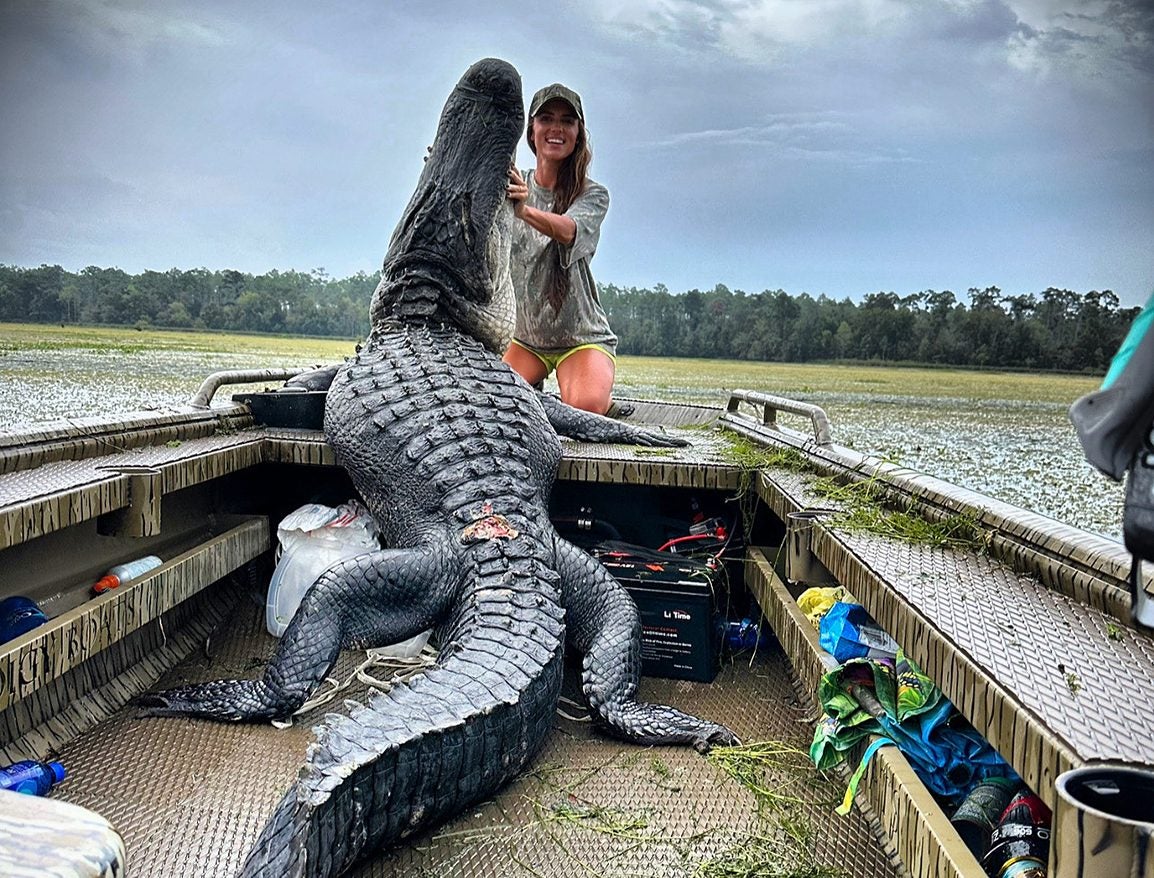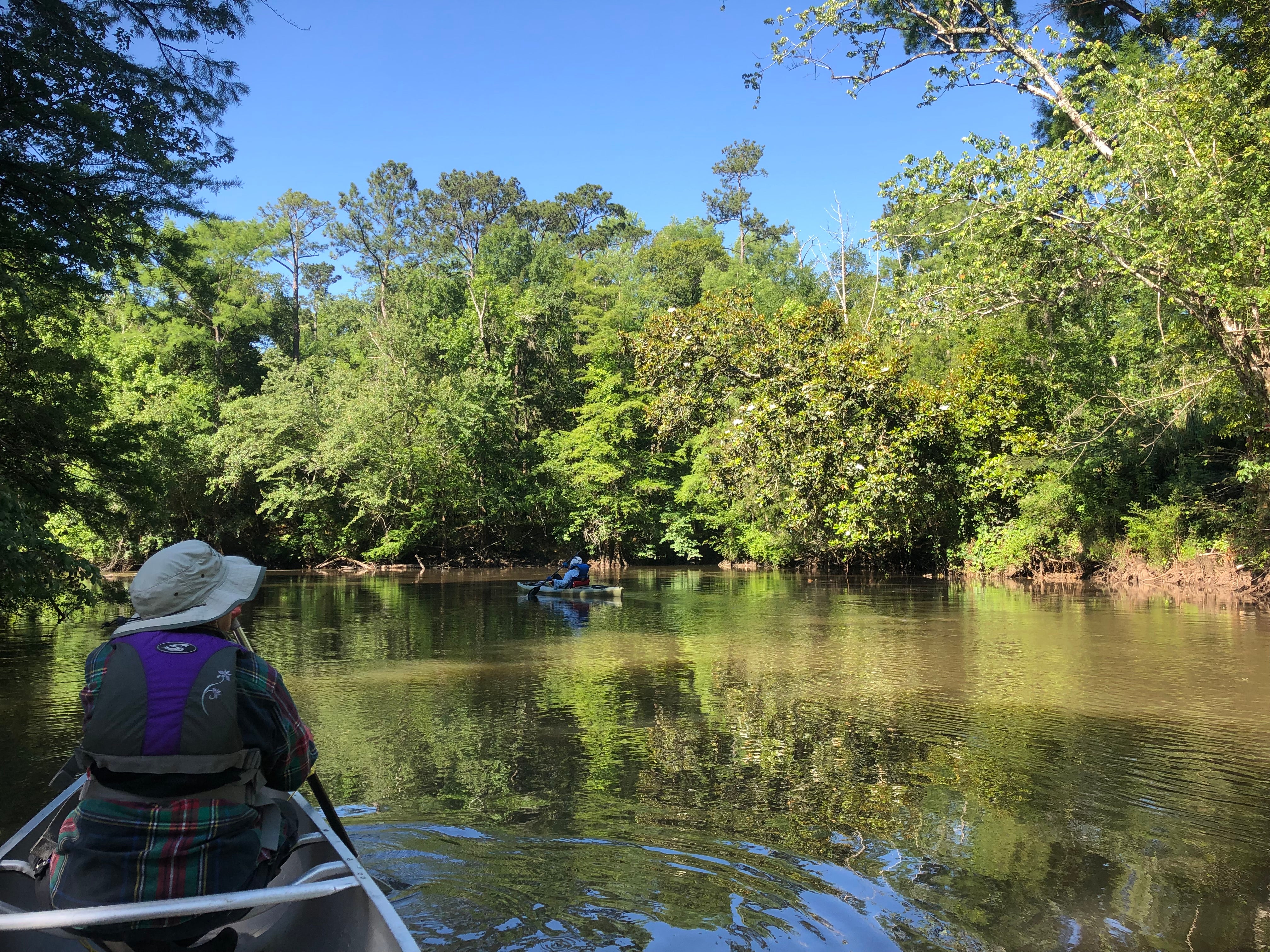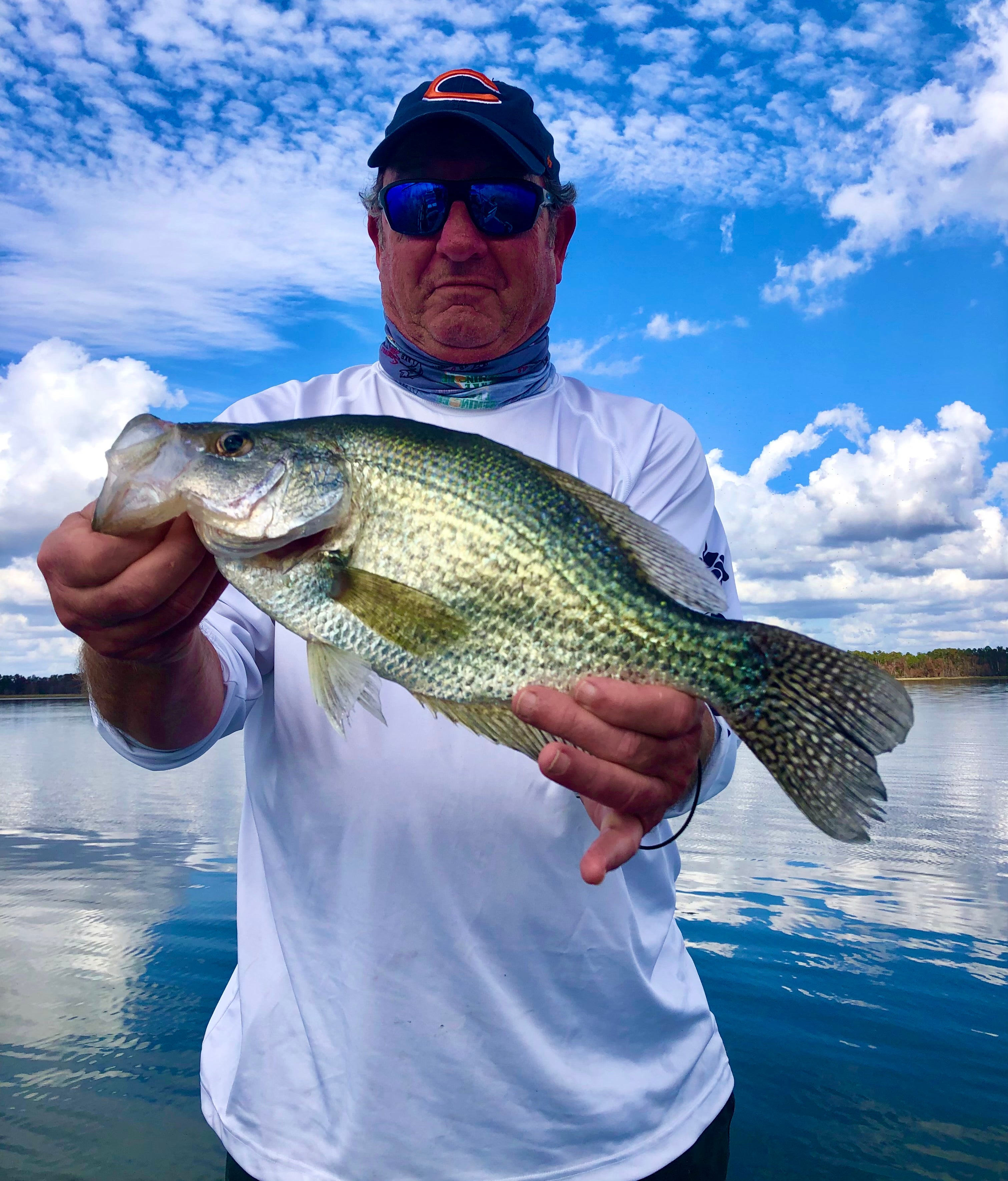Waterfowl hunters: be sure to review regulation changes
Published 3:48 pm Tuesday, November 19, 2019
|
Getting your Trinity Audio player ready...
|
With waterfowl hunting season opening Sat., Nov. 23, duck hunters should make note of some changes in this year’s hunting regulations, according to experts with the Georgia Department of Natural Resources’ Wildlife Resources Division (WRD).
“There are three big changes in the waterfowl hunting regulations this year” said WRD state waterfowl biologist Greg Balkcom. “The waterfowl season now has a fixed ending date of January 31, the bag limit on mallards has been reduced to two, and the hunting season frameworks—the season length and total bag limits – are now set based on the combined status of four species, not just the status of Eastern Mallards.”
Duck season dates are Nov. 23–Dec. 1, and Dec. 12–Jan. 31. Full migratory bird hunting regulations can be found at https://georgiawildlife.com/hunting/waterfowl.
More About the Changes
Season End Date: Hunter surveys indicate that hunters want the season to run as late as possible, and now the U. S. Fish and Wildlife Service has allowed for a fixed ending date of January 31. Additionally, the majority of Georgia’s waterfowl hunters prefer a fixed ending date. So, in the foreseeable future, waterfowl hunting seasons will end on January 31, regardless of the day of the week.
Mallard Bag Limit: Because of declines in the mallard population in the northeastern U.S. as measured by the Atlantic Flyway Breeding Waterfowl Survey, the mallard bag limit in the Atlantic Flyway has been reduced to two. More information on the Mallard population decline can be found at https://georgiawildlife.com/migratory-bird-info (select the “Management” link).
Duck Season Framework: Since 2000, the Atlantic Flyway has used the status of Eastern Mallards to select the duck season frameworks (season length and total bag limit), but beginning this year, the season framework is based on the combined status of four species: American green-winged teal, wood ducks, ring-necked ducks, and common goldeneye. These species are important to hunters up and down the Atlantic Flyway, and they represent a suite of habitats found within the flyway. More information on the methods used to select the duck season frameworks can be found at https://georgiawildlife.com/migratory-bird-info (select the “Management” link).
Youth Waterfowl Hunting Dates are Nov. 16–17. On these two days, youth age 16 or younger may hunt specific migratory birds, such as ducks, Canada geese and mergansers, as long as they are accompanied by an adult of at least 18 years of age (only the youth may hunt).
To hunt waterfowl in Georgia you will need a Georgia hunting license, a Georgia migratory bird license, and a federal duck stamp (now available when you purchase your other recreational licenses). WRD has made your purchase decision even easier by the creation of the Waterfowl Hunter Package at www.GoOutdoorsGeorgia.com, which includes all you need (and includes a convenient plastic card).
For more information on Georgia Hunting Regulations for waterfowl, visit https://georgiawildlife.com/migratory-bird-info.




